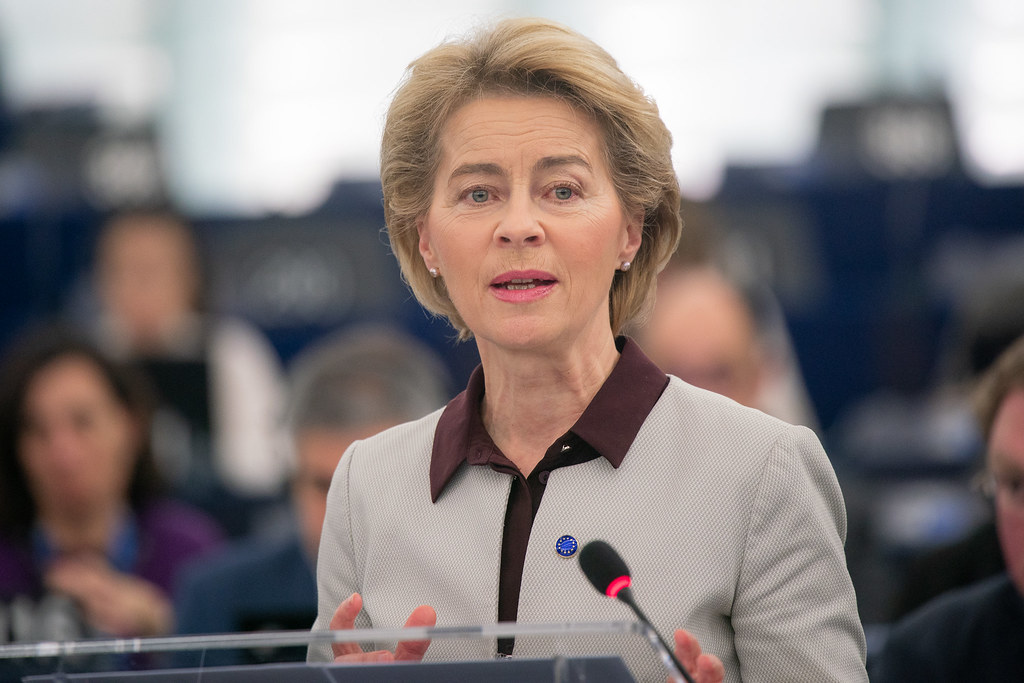BRUSSELS (Transatlantic Today) – The European Union’s leaders focused on the serious economic instability caused by Russia’s war in the neighboring nation on Friday, one day after backing Ukraine’s application to join the union. As the war’s full effects become apparent and the risk of a recession increases.
The 27 leaders of the EU convened in Brussels to discuss the rising cost of living, energy crises, declining consumer and corporate confidence, and mounting budgetary strains.
As the European Central Bank is ready to boost interest rates for the first time in 11 years to combat rogue price hikes, the policymakers will also have to deal with increasing borrowing costs. In order to confront the gloomy economic picture, ECB President Christine Lagarde attended the EU meeting. She wants to hike rates again next month as well as in September.
The EU has invested the past 10 years combating a number of crises, from Britain’s exit from the union and the COVID-19 epidemic to Greece’s financial difficulties and the interruptions to transatlantic commerce under ex U.S. President Donald Trump.
The European Commission, the EU’s executive body, unveiled intentions to issue $52.7 billion (50 billion euros) in EU bonds between July and December to assist member nations as part of its main economic recovery package.
The EU is determined to tighten sanctions on Russia as retaliation, so the group must fight economic threats on several fronts with no resolution in sight to the crisis in Ukraine.
The EU has a significant energy dilemma since it has long relied largely on Russian oil, coal, and natural gas to run its factories, automobiles, power plants, and heating systems.
Since April, the EU has increased what were already extraordinary sanctions by focusing on Russian fuels in an effort to stay up with British and American sanctions against Russia. Beginning in August, imports of Russian coal will be restricted, and over the next 8 months, most Russian oil will be subject to an embargo.
Natural gas supplies are being disrupted by Moscow itself, despite the EU’s own sanctions not including it for concern of substantially damaging the European economy. About 40% of the bloc’s gas supply came from Russia before the conflict.
According to ABC NEWS, Russia has cut off delivery to other EU nations like Finland and curtailed gas supplies to a number of EU states, including Germany and Italy, two major importers.
Germany declared a crisis on Thursday and activated the second stage of a three-phase emergency response plan for gas supply. The biggest economy in Europe, Germany, is experiencing problems that might have wide-ranging effects and make the EU’s most recent growth projections appear too optimistic.
The chiefs of government and the state gathered in Brussels to advance plans for more Russian gas restrictions and to continue looking for other supplies. Deliveries to the EU from Norway, the US, Azerbaijan, and Algeria have already surged. The leaders also discussed potential adjustments to the framework for determining power prices inside the bloc.
The European Commission predicted in May that the EU’s economic production would increase by 2.7 percent this year and 2.3 percent in 2023, following a gain of 5.4 percent in 2021. Growth projections have already been reduced in some estimates. The epidemic, which forced the economy to contract 5.9 percent in 2020, was still having an impact on the EU as this year got underway, including increased budget deficits.
As it battles record inflation of 8.1%, the European Central Bank has promised to establish a market backstop to shield the 19 nations that share the euro from market turbulence. One key aspect of the financial meltdown a decade ago was a selloff in several euro country bonds.


























